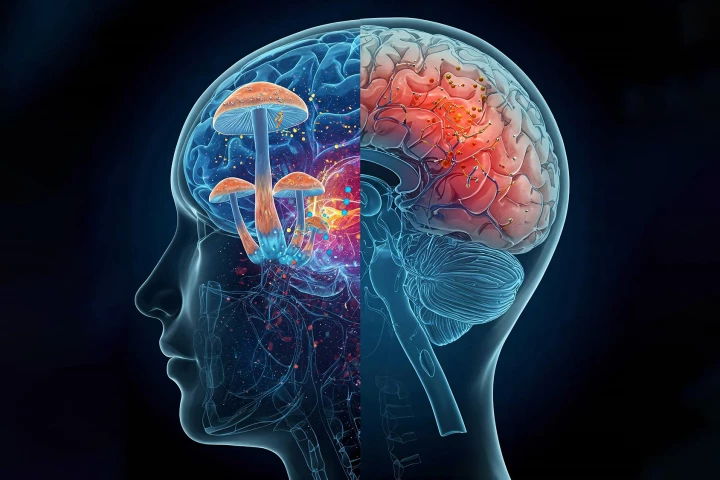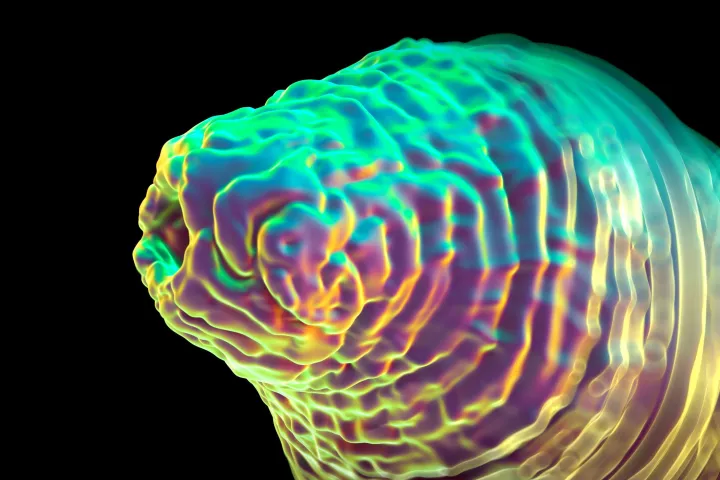Northeastern University
-
A new study has found that psilocybin, the psychedelic ingredient in magic mushrooms, could be an effective treatment for repeated mild concussions because of its brain-healing properties. It could be the first medical treatment for the condition.
-
A pigment molecule in cephalopod skin has had its antioxidant and sun-protection properties harnessed, inspiring the first ultra-protective, skin-restorative and environmentally safe sunscreen of its kind. And it could revolutionize the skincare world.
-
Although you may know when you need to pee, such is not the case with everyone. A new implantable sensor is designed to help those other folks, by sending a smartphone alert when their bladder is full.
-
Sometime this year, the night sky will get a brand new 'star' that will be visible with the naked eye, even in the city. The celestial light show will be the result of an explosive interaction between two neighboring stars that occurs every 80 years.
-
While renewable energy sources certainly are eco-friendly, most of them only produce electricity in one way, such as using sunlight … which isn't always available. A new system, that has been built into an artificial plant, uses both wind and rain.
-
AI machine learning uses so much computing power and energy that it's typically done in the cloud. But a new microtransistor, 100X more efficient than the current tech, promises to bring new levels of intelligence to mobile and wearable devices.
-
Delivering electric shocks to 1mm-long roundworms may sound rather meanspirited, but scientists have used this stimuli to uncover some curious behaviors of C. elegans that could further our understanding of human emotional mechanisms.
-
Researchers have derived an antibiotic from microbes living in the sandy soil of North Carolina. Because it works completely differently than others before it, clovibactin might help turn the tide in the battle against today's nastiest superbugs.
-
In what they hail as a “new frontier in materials,” engineers at Northeastern University have developed a new type of ceramic that can be fashioned into thin and complex shapes, opening up expansive new applications in electronics.
-
A fascinating new study has offered novel insights into what happens in your brain when you rock out to your favorite songs. And the findings raise some intriguing possibilities for unique dementia treatments in the future.
-
Scientists at Northeastern University have put an interesting new solution forward in the realm of UV monitoring – one that came about through a serendipitous discovery concerning the color-changing ways of camouflaging squid.
-
After developing a system that could detect 17 different contaminants in a drop of water, researchers have now added "molecular brains" to that setup so the hand-held device not only confirms contamination but also indicates concentration levels.
Load More











